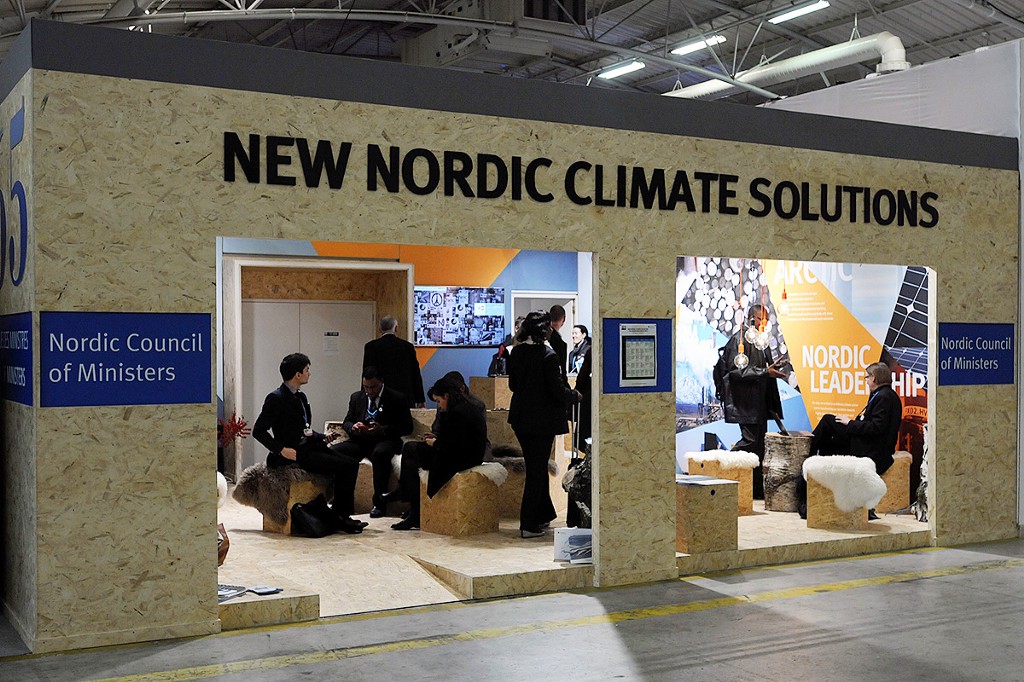As the Trump administration turns away from the global consensus on sustainable development (see above), the Nordics are doubling down. Case in point: Norway is phasing out gas and diesel-powered cars by 2025. Norway already leads the world in electric car ownership. There are 100,000 electric vehicles driving Norwegian roads — the highest per capita of any country. “Norwegians are turning their backs on fossil fuels and embracing electric cars like nowhere else,” says NPR’s Malcolm Brabant.
Norway’s moves are especially significant as the country is still one of the world’s top oil exporters. The state’s sovereign wealth fund, still heavily supported by oil revenues, is divesting from coal. And private Norwegian financial institutions are backing away from controversial fossil-fuel investments, like the Dakota Access Pipeline. Norfund, the country’s development bank, has nearly $2 billion committed to 770 companies to support “sustainable businesses in poor countries.”
It’s not just Norway. Recently, Sweden, Denmark, Finland, and Iceland joined Norway in a new initiative, Nordic Solutions to Global Challenges, to share experiences of social and economic sustainable development. Nordic leaders cite six pillars: climate change, energy, sustainable cities, gender equality, welfare, and food policy. As Trump signals he may pull the U.S. out of the Paris climate deal, the Nordics made climate change the first pillar of their joint statement.
“By working closely together, our countries were the first to succeed in decoupling economic growth from climate change,” write the five heads of state. “For almost two decades now, we have been reducing our dependency on fossil fuels and cutting greenhouse-gas emissions, without negatively affecting jobs and the economy.” That’s a growth opportunity: “The Paris Agreement generated huge demand for the type of solutions at which the Nordic region excels,” noted Katherine Richardson, a scientist appointed by the U.N. to monitor the 2030 global goals.
There’s a Nordic model of gender equality as well, which includes parental leave, affordable childcare, flexibility at work and women in leadership. Fadumo Dayib told the prime ministers gathered in Austevoll, Norway, that her education in Finland, where she arrived at age 18 with only five years of schooling, helped make her an agent of impact. Last year, Dayib became the first woman to run for president of Somalia. “You have in front of you somebody who personifies the Nordic gender effect.”











